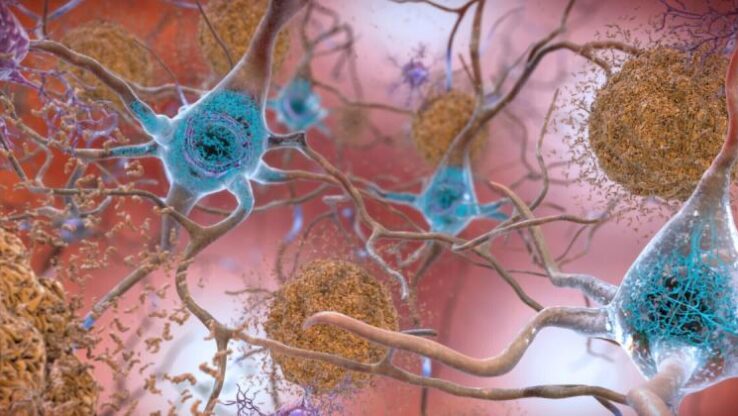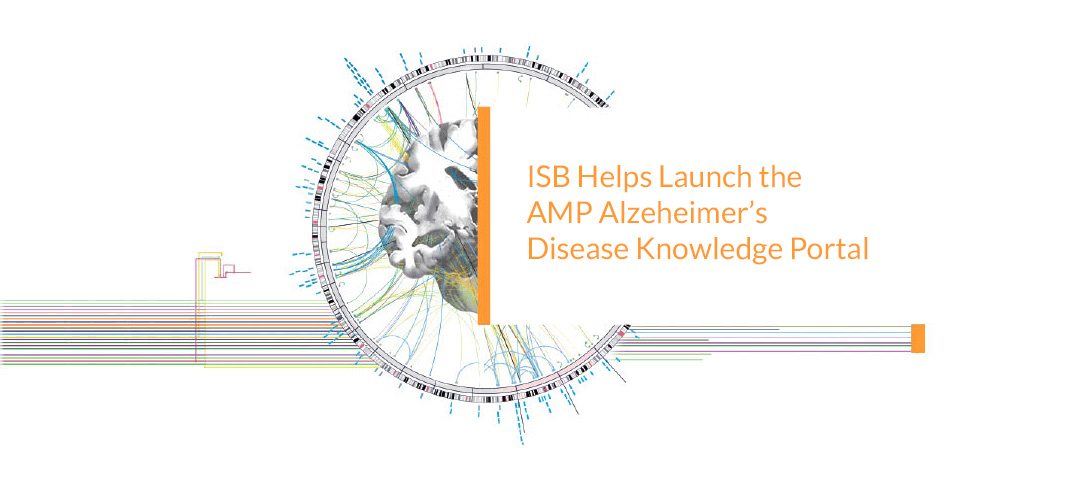This website uses cookies so that we can provide you with the best user experience possible. Cookie information is stored in your browser and performs functions such as recognising you when you return to our website and helping our team to understand which sections of the website you find most interesting and useful.
Personalized Coaching Decreases Cognitive Decline in Early-Stage Alzheimer’s Disease Patients
at the Institute for Systems Biology

Personalized Coaching Decreases Cognitive Decline in Early-Stage Alzheimer’s Disease Patients
Supplementing the standard of treatment for Alzheimer’s disease patients with personalized lifestyle coaching leads to less cognitive decline compared to standard of treatment alone, according to an ISB-led two-year study. The results were published in the Journal of Alzheimer’s Disease.
Revolutionizing Healthcare: Exploring the Age of Scientific Wellness for Optimal Health and Disease Prevention
In their new book, “The Age of Scientific Wellness: Why the Future of Medicine is Personalized, Predictive, Data-Rich, and In Your Hands,” Drs. Lee Hood and Nathan Price introduce a new way of thinking about healthcare – a focus on preventing diseases and optimizing overall wellness.

New Alzheimer’s drugs are costly and controversial. Are we going about this all wrong?
There is tremendous market and media frenzy around new Alzheimer’s disease drugs, but their efficacy is contested while the potential of prevention is untapped and underreported, Drs. Lee Hood and Nathan Price wrote in an opinion piece published by the Los Angeles Times.
COCOA Trial Results Show Diet, Exercise Help Some with Dementia
The recently completed, ISB-led Coaching for Cognition in Alzheimer’s (COCOA) trial shows that diet and exercise can help people suffering from dementia. Senior Research Scientist Dr. Jared Roach discussed the findings in a Research Roundtable presentation.
Coaching for Cognition in Alzheimer’s (COCOA) Clinical Trial Nearly Complete
The multi-year Coaching for Cognition in Alzheimer’s (COCOA) clinical trial is nearly complete. The trial examined diet, exercise and cognitive training as possible non-pharmacological interventions to Alzheimer’s, with some trial members receiving telephonic coaching centered on stress, diet and exercise, as well as brain training focusing on brain speed and attention.
A New Approach to Alzheimer’s Disease
The impact of Alzheimer’s Disease is staggering – 6 million Americans diagnosed, a financial toll of $600 billion annually, and no effective drug treatments. ISB Co-founder Dr. Lee Hood said the traditional approach isn’t working, and we need to think about it in brand new ways.

Bile Acids Provide More Evidence of the Gut Microbiome’s Effect on Alzheimer’s Disease
ISB researchers and their collaborators are looking beyond the one-drug, one-solution approach that has thus far failed in Alzheimer’s disease research. Instead, they are focusing on other promising research avenues, such as the possible role of the gut microbiome in dementia.

Clinical Trial Explores the Effects of Health Coaching on Cognitive Function in Patients with Early-Stage Alzheimer’s
Institute for Systems Biology (ISB) is among several organizations conducting a clinical trial testing how health coaching affects the cognitive function of patients with early-stage Alzheimer’s disease and analyzing longitudinal, multi-omic data to explore transitions in cognitive function over time.

NIH-led effort – including ISB – launches Big Data portal for Alzheimer’s drug discovery
The National Institutes of Health announced the launch of a new Alzheimer’s Big Data portal, which includes the first wave of data for use by the research community. This portal is the result of the Accelerating Medicines Partnership (AMP) program, which focuses on facilitating collaboration among government agencies, academia and industry in order to translate research more quickly to therapies. The launch of the AMP Alzeheimers Disease Knowledge Portal is…



